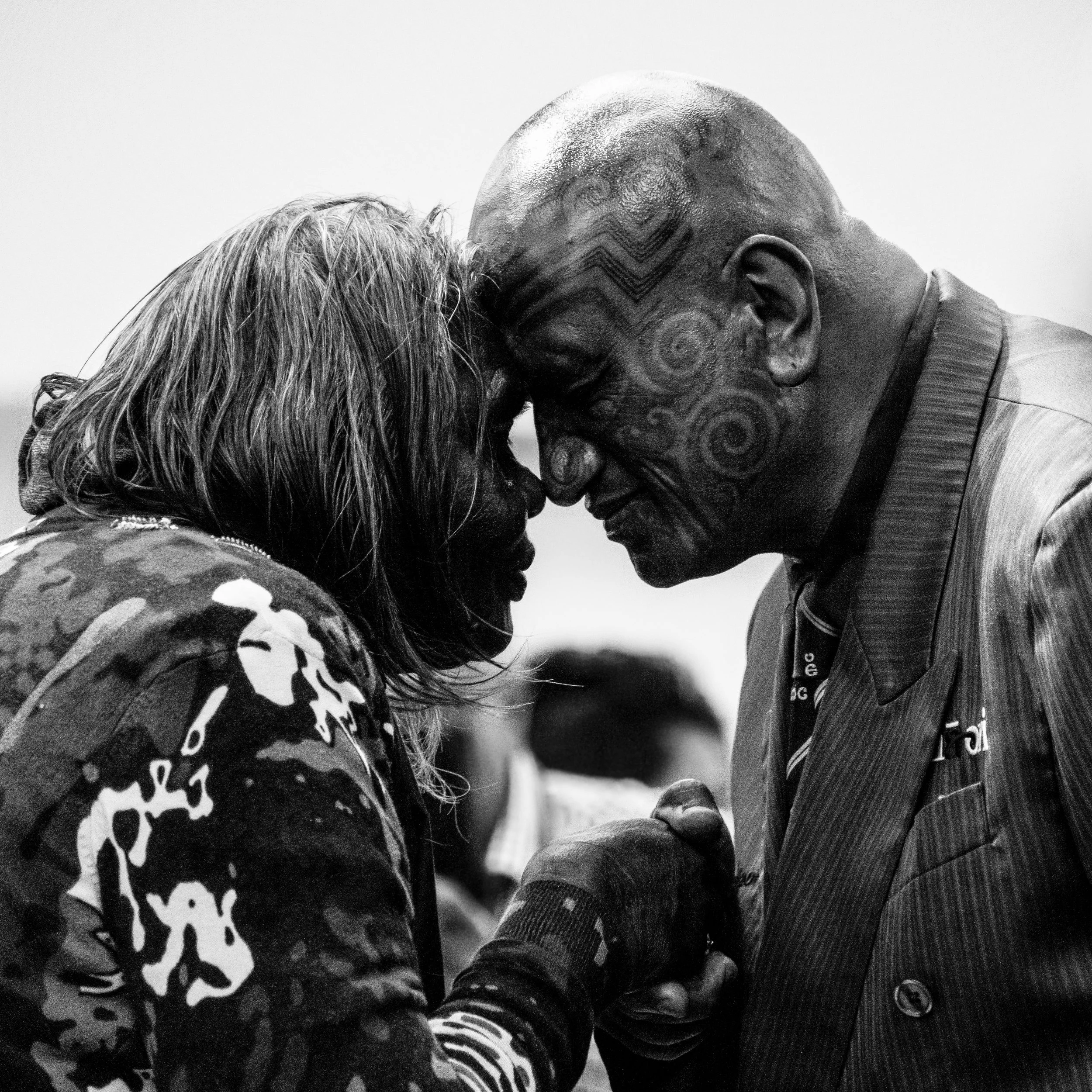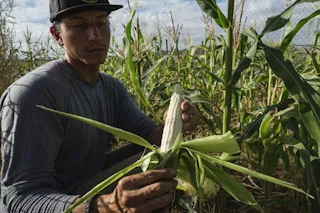O'Otham (people) have a saying called himdag. It is a combination of him (to walk) and i:bi'dag (heart). It means, "to walk from your heart." To walk in this way is to follow a set of values which brought our people this far in time. When faced with adversity, these teachings are what kept the people in a good way. These values teach us how to have to a relationship with all living things, to eat from the earth and to respect what is sacred. They teach us to take care of ourselves, even when others treat us badly. They teach us to live nearby our families so that we can look out for one another.
These values, expressed in many different ways, are shared by all indigenous nations. It is said by many that these are the original instructions that we received at the beginning of creation from the great spirit, mother earth and the animal relatives. These instructions are to be followed for as long as the rivers flow and the grass grows.
"All things are sacred" is another universal indigenous concept. When we understand this worldview, we learn to act accordingly. When we do, everything takes care of itself. A way of life is like a code of ethics. It directs us toward different roles through different stages of the life journey. It guides and encourages interdependence and kinship. Without these values, there would be no order, and the people would become sick and disconnected from our true givers of life.
The world around us will always make advances in technology, political powers will always shift, the economy will aways fluctuate and the cultural devices we use day by day will come and go. The culture must evolve. If it does not, it will become hardened like clay and break. And as the culture evolves, we will remain firmly rooted in the values and teachings of himdag for generations to come.



















































